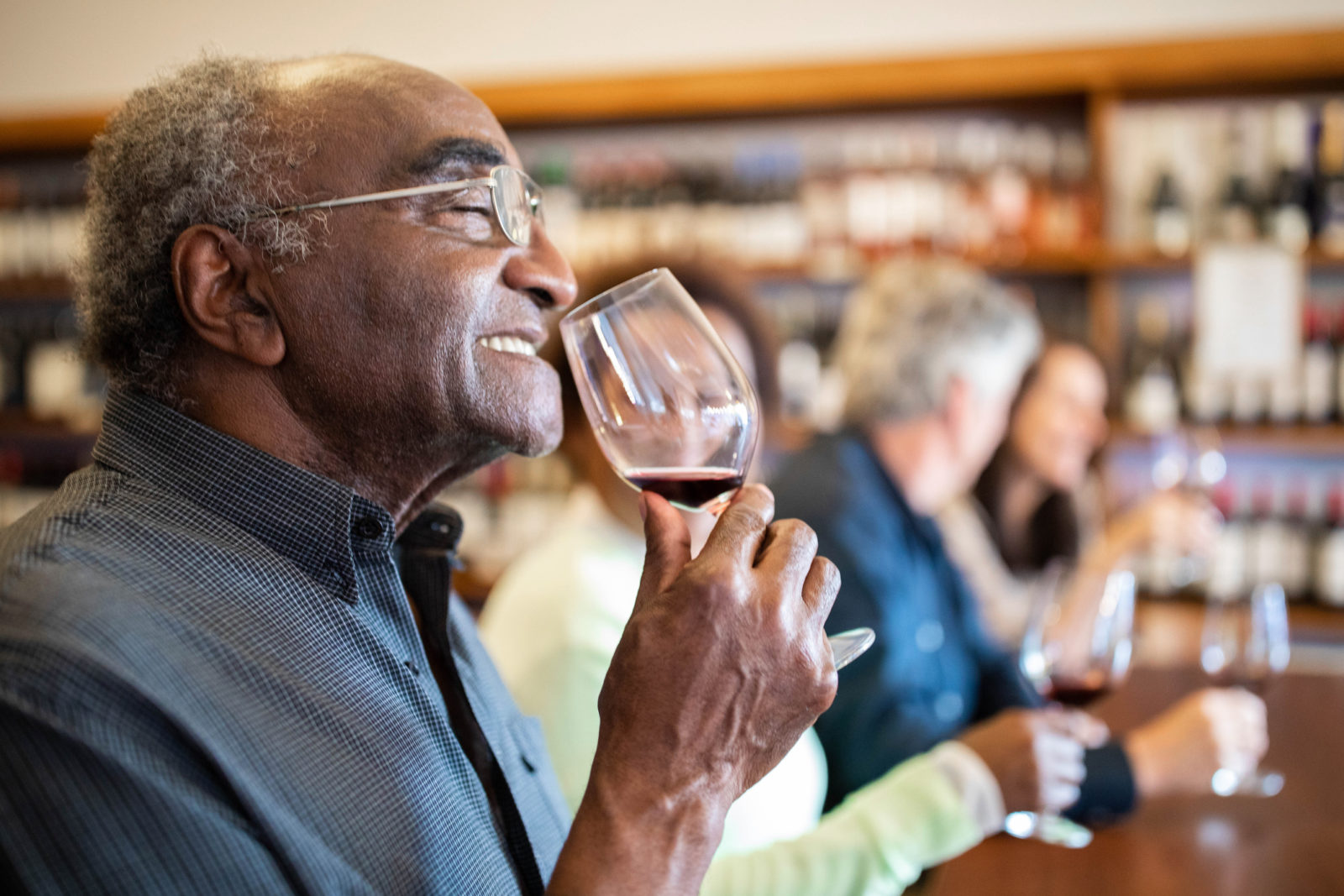Losing Our Sense of Smell As We Age

When we think of growing older, we often think about losing our hearing or vision. Visual impairment and hearing loss can have a major negative impact on the physical, emotional and cognitive well-being. But as we age, we can also experience changes in our sense of smell. In fact, sense of smell gradually starts to decline at around age 55.
Recent research from the University of Copenhagen, headed by food scientist Eva Honnens de Lichtenberg Broge, revealed something interesting about smell loss: it doesn’t decrease evenly. “Our study shows that the declining sense of smell among older adults is more complex than once believed,” says de Lichtenberg Broge. “While their ability to smell fried meat, onions and mushrooms is markedly weaker, they smell orange, raspberry and vanilla just as well as younger adults. Thus, a declining sense of smell in older adults seems rather odor specific.”
Dr. Carl Philpott of the University of East Anglia (UEA) has studied smell loss and treated patients who have smell disorders. He explains that loss of smell—called anosmia—can be a temporary condition, brought on by allergies, a cold, certain medications or medical treatments, and ailments, like COVID-19. It can also be long-term or permanent; in these cases, anosmia may be present at birth or caused by infections, injuries, tumors, problems with nasal area or sinuses, or neurological.
A related smell disorder is parosmia, which alters the way things smell. “For people with parosmia, the smell of certain things—or sometimes everything—is different, and often unpleasant,” says Dr. Philpott. “So, for example, someone with parosmia could sniff at a cinnamon stick, but to them it would smell like something horrible—perhaps rotten food, or worse.”
Impaired ability to smell affects quality of life in several ways:
Safety. Dr. Diego Restrepo of the University of Colorado School of Medicine warns that smell loss can keep seniors from detecting spoiled food, smoke, leaking gas or toxic vapors.
Nutrition. Dr. Restrepo also cautions that as seniors lose their sense of smell, they are at greater risk of malnutrition, since food is appetizing due to smell as much as to taste. He recommends that seniors adjust the seasoning in their food and make food more texturally and visually appealing.
Brain health. Experts talking about the connection between dementia and loss of smell most often focus on anosmia as an early symptom, but loss of smell also contributes to a cognitive load, and stress that is bad for the brain. It can be both a cause and an effect.
Reminiscing. “The inability to link smells to happy memories is also a problem,” reports the UEA team. “Bonfire night, Christmas smells, perfumes and people—all gone. Smells link us to people, places and emotional experiences. And people who have lost their sense of smell miss out on all those memories that smell can evoke.”
Emotional well-being. The UEA team noted that smell is intertwined with relationships, parenting, even a person’s confidence in their hygiene. They found that loss of smell can lead to “a diverse range of negative emotions including anger, anxiety, frustration, depression, isolation, loss of confidence, regret and sadness.”
One possible therapy: “smell training” to help the brain relearn the ability to smell. This approach seems to work particularly well on older patients. And, as always, prevention is key. Older adults can avoid certain things that hasten the loss of smell, such as poor diet, infections, pollution and other toxic substances in the air, and sleep disorders such as sleep apnea.
The information in this article is not intended to replace the advice of your health care provider. If you are experiencing changes in your sense of smell, report that to your doctor.
Source: IlluminAge with information from the University of Copenhagen, the University of East Anglia and the University of Colorado Anschutz Medical Campus
![Charlesgate [logo]](https://www.charlesgate.net/wp-content/uploads/sites/218/2016/12/logo-new.png)